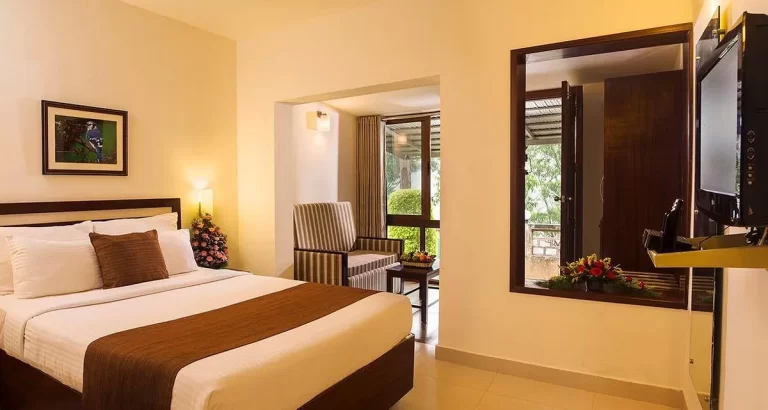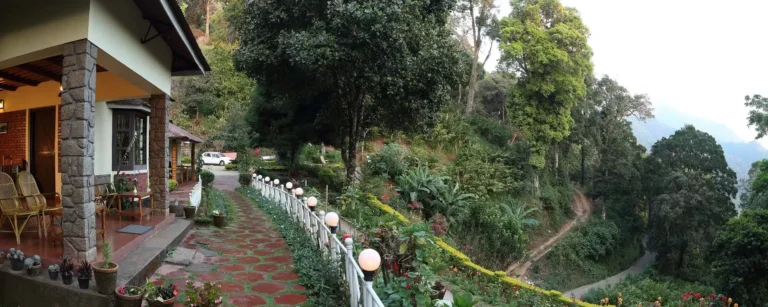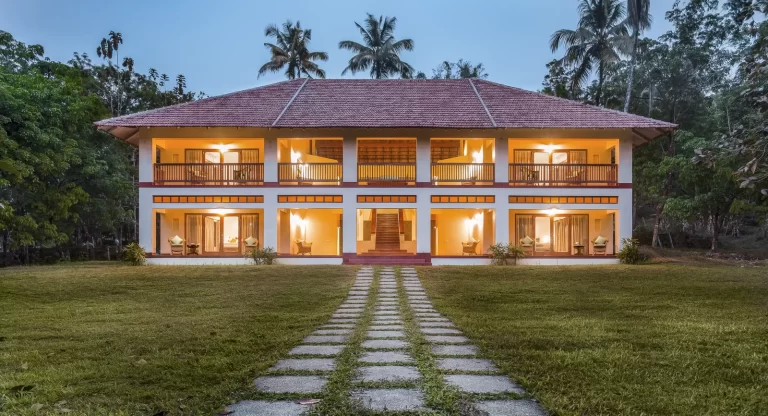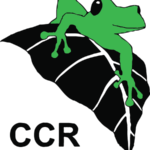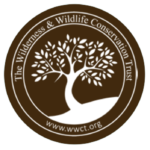Responsible/Sustainable Tourism
Although coffee came in to India in the 17th century, cardamom is indigenous to the Western Ghats. The Estate is a working cardamom and coffee estate and unlike tea, both are grown under large tall tree covers, creating an almost tropical evergreen forest-like setting. Thus the 60 acres of Windermere Estate’s plantation is home to many endemic birds, frogs and even the Malabar giant squirrel; along with native trees some believed to be over 200 years old. The trees are protected by both Windermere and the Forest Department. The Estate is also guided by regulatory uses of pest control for the plantation. Windermere Estate had partnered with an organisation as part of a four year study that conducted conservation and habitation studies related to frogs in the region that ended in 2018. The association continues as the Estate continues to be a venue for short term studies on the same.
Windermere Estate lies atop a hillock where the accommodation is. Construction was done with little disturbance to the rock formations and trees ensuring plenty of open grounds, rock formations and the woods for guests to enjoy. The materials used for building were with government auctioned wood, earthy tiles and fabrics from handlooms – all sourced locally. Vernacular architecture has been used allowing the buildings built airy and bright and the location ensures there is no need for air conditioners or fans.
The staff employed is from the local community and nearby villages, with mostly women employees. Some of the staff have been there from the beginning and have been trained in hospitality as they have had no prior experience. Awareness and training programs are regularly held especially for young adults with the hope of inculcating the responsibility to preserve nature. There is a gentle push toward creating a community between the Estate, the staff and the village to facilitate each to look after the other.
The ingredients for the meals are sourced locally, seasonally and are based on what is available in their own organic kitchen garden and the market. There is no buffet service and the cuisine served is local, authentic and as it is prepared fresh every day, there is reduction in purchase, storage and wastage of food. Food waste is sent to the inhouse bio-digester and is converted to biogas and manure for the garden and plantation.
Water is sourced from a natural spring within the property and is used cautiously. A sewage treatment plant treats soiled water which is then used to water the coffee plants. While safe filtered drinking water is provided, for when bottled water is used, the bottles are sent for recycling.
